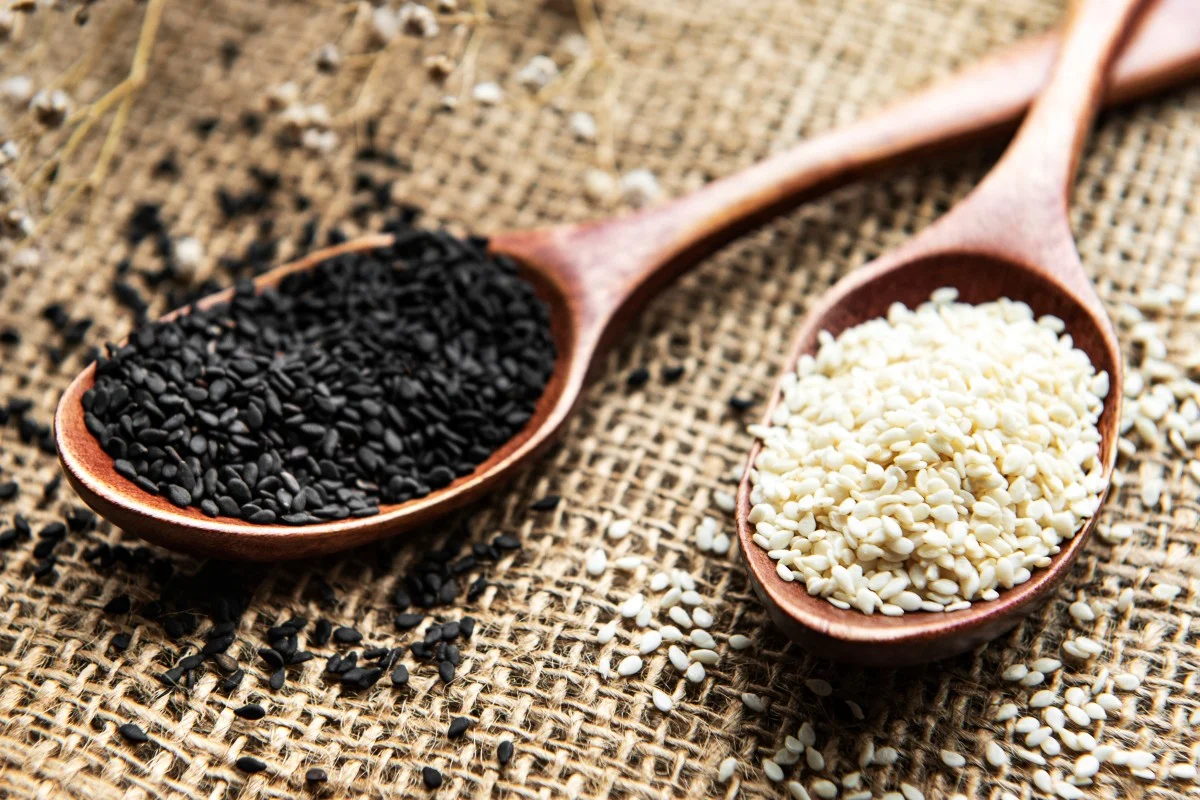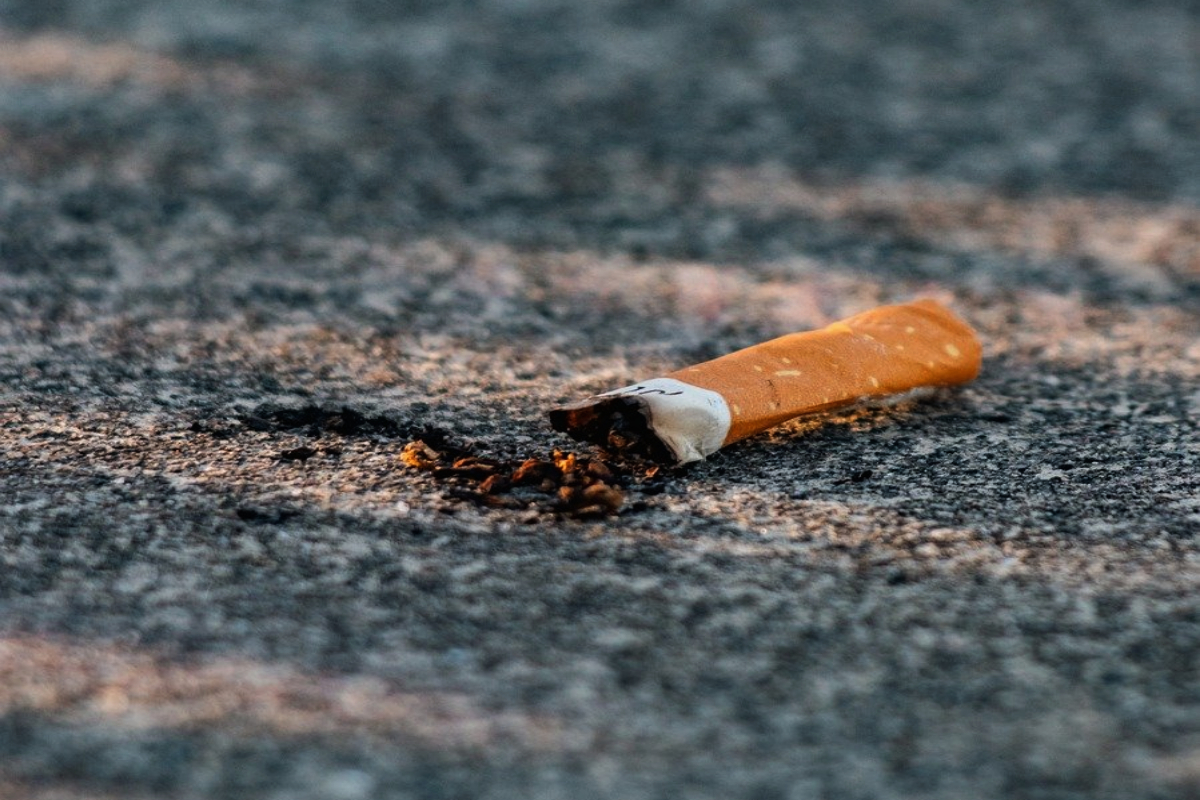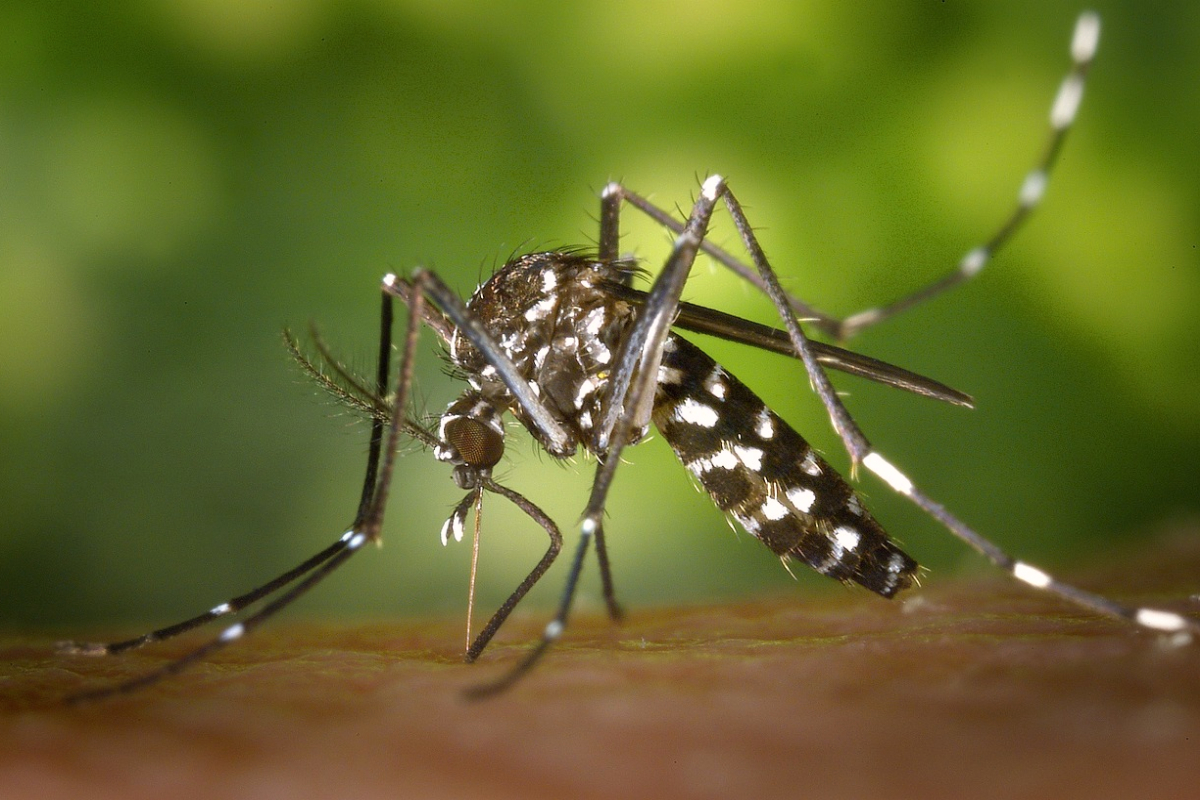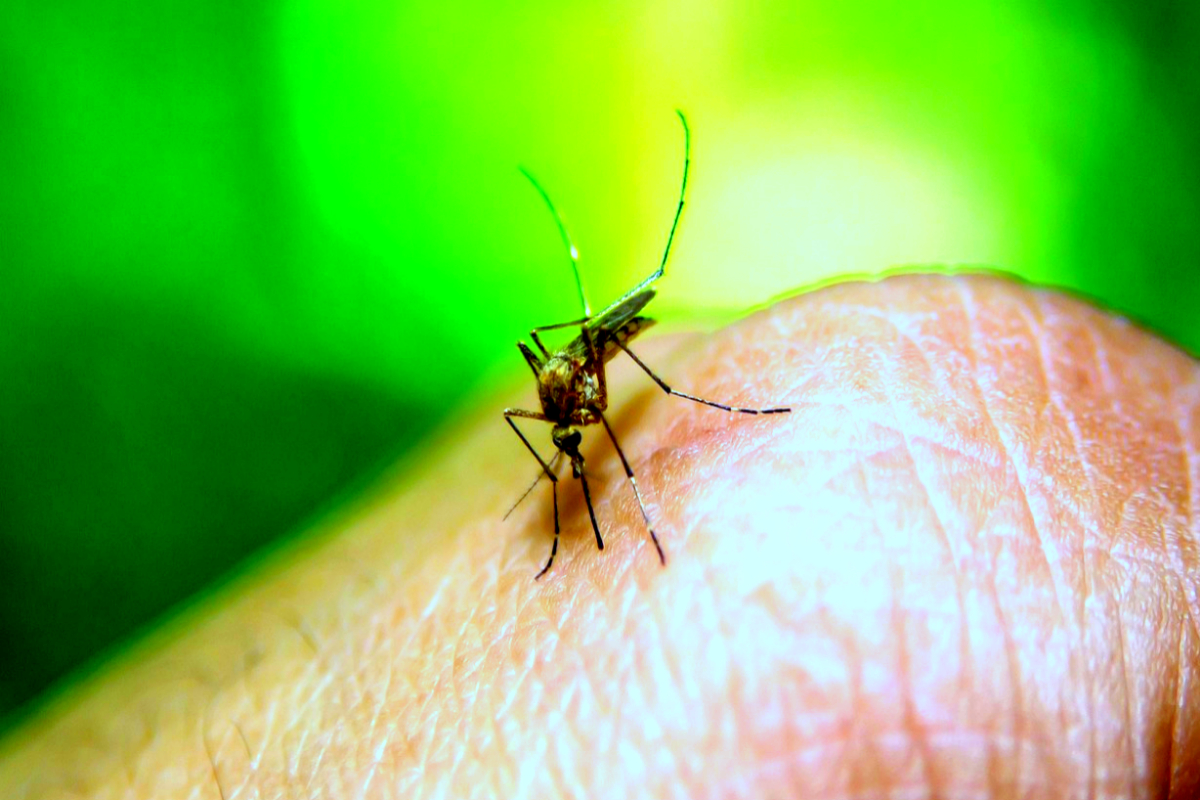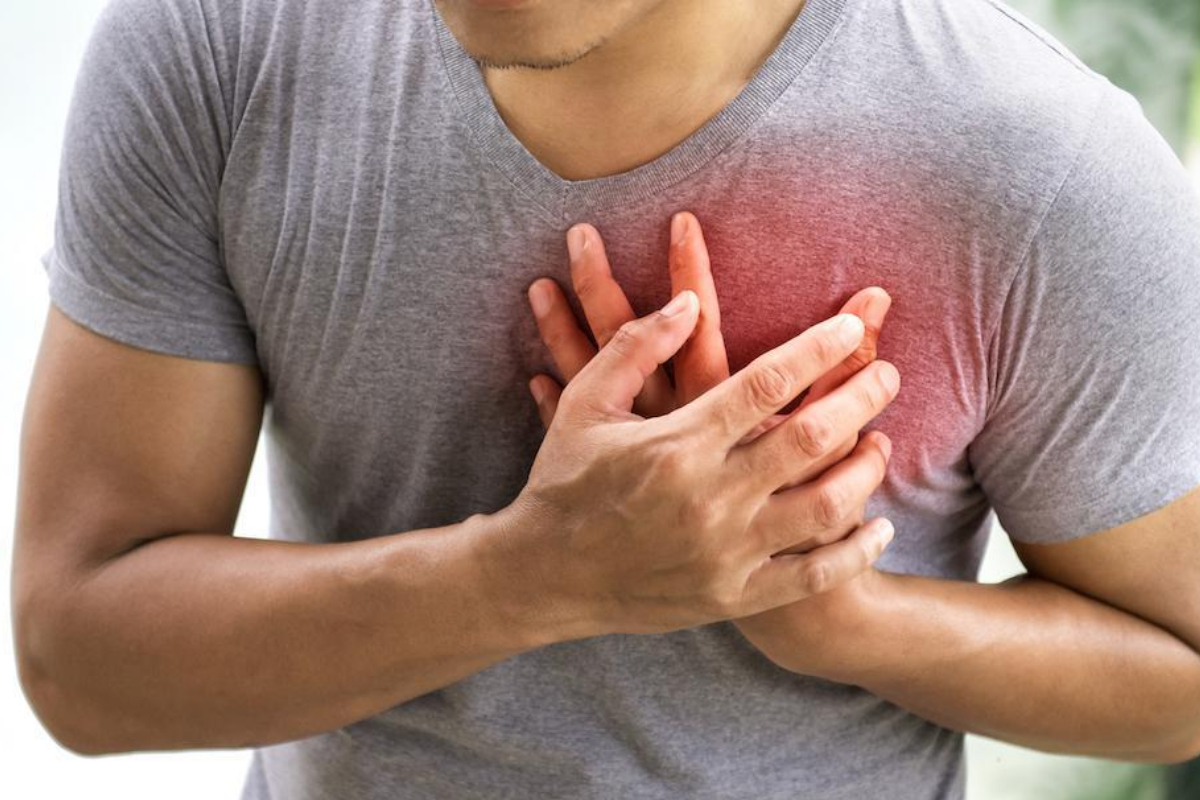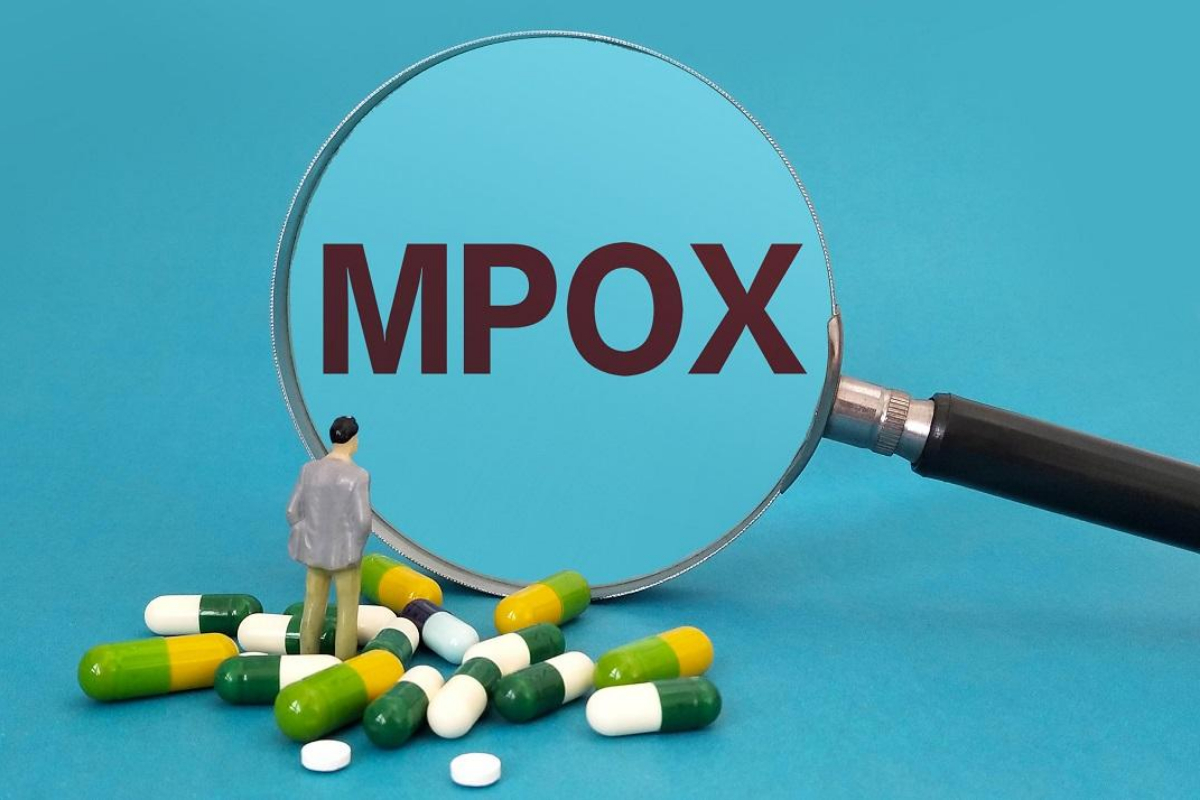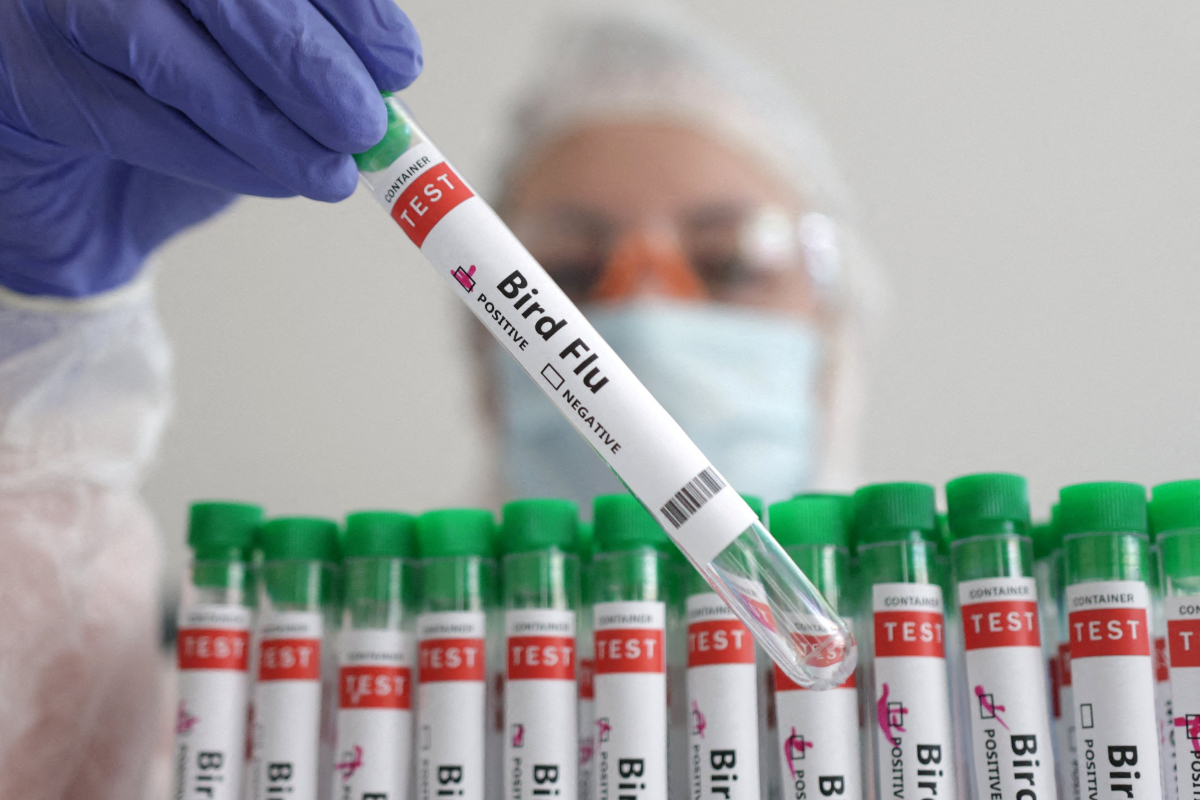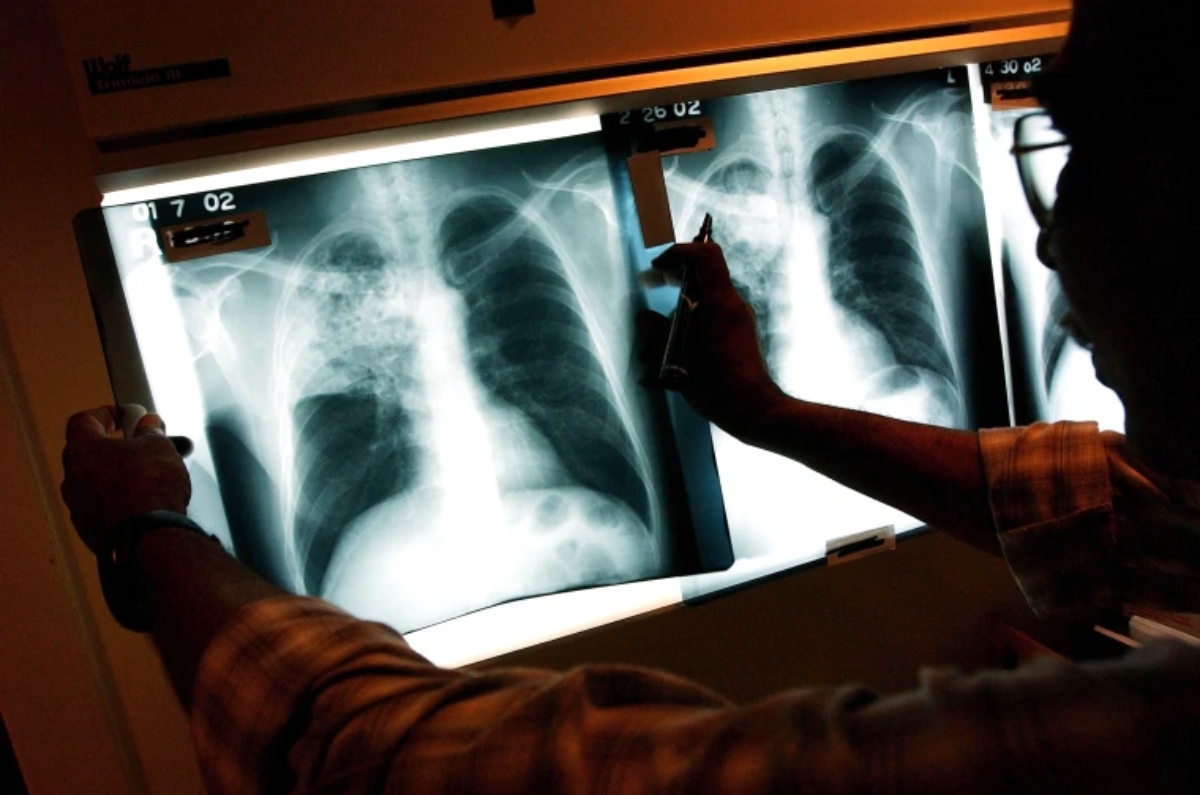- More than 25,000 people found that an antiviral drug helped them get better faster.
- The drug didn’t help in preventing death from virus.
- Molnupiravir proves better than other antiviral treatments.
More than 25,000 people who had been vaccinated against Covid found that an antiviral drug helped them get better faster.
People who were taking the Omicron version of Covid were given Molnupiravir twice a day at home for five days.
Because of their age or other health problems, those who were chosen were more likely to die or be hospitalised from Covid.
Even though the drug helped people get better, it did not cut down on deaths or trips to the hospital.
People who had Covid and took the antiviral drug were compared to people who also had Covid but got standard care.
The trial was done to see if it supported the results of previous studies on molnupiravir, which had shown that it helped reduce the number of times people with mild to moderate Covid had to go to the hospital.
But those tests were done on people who had not been vaccinated, before the Omicron wave.
In this most recent study, researchers found that the treatment cut the time it took to get better by about four days. It also cut the level of infection, or viral load.
The results show that this drug wouldn’t work for everyone, but in extreme cases, it could help the NHS handle more patients.
Molnupiravir, which is made by Merck, Sharp and Dohme (MSD), is very expensive. A seven-day course costs about £577.
It was the first antiviral drug studied as a treatment for Covid in the community, which means it was taken at home instead of in a hospital.
Chris Butler, a professor in the Nuffield Department of Primary Care Health Sciences who teaches about primary care, says: “The next big step in our research to stop the ongoing worldwide pandemic is to find early treatments for Covid-19 that are effective, safe, and easy to spread.
“Treatments could have a huge reach and effect in the community.
“But decisions about who to treat should always be based on evidence from rigorous clinical trials that include people who would most likely be given the drugs.”
To take part in the trial, people had to have had symptoms for less than five days, be healthy and over 50, or be between the ages of 18 and 50 and have a health condition that made them more likely to get Covid.
Prof. Sir Jonathan Van-Tam, a co-author of the study and the former deputy chief medical officer for England who is now the pro-vice-chancellor for the Faculty of Medicine and Health Sciences at the University of Nottingham, said: “Molnupiravir was first found to work well to keep Covid patients out of the hospital. However, these patients had not been vaccinated.
“This latest study did the same thing with a group of people who had been vaccinated a lot. This showed that the vaccine protection is so strong that the drug doesn’t seem to help reduce hospitalisations and deaths any more.
“However, the length of symptoms and the amount of virus that is shed are both much shorter. We will have to wait much longer to see if long Covid has any noticeable effects.”
The results are written up in the journal The Lancet.
[embedpost slug=”after-rare-protests-china-increases-covid-vaccine-for-the-elderly/”]










